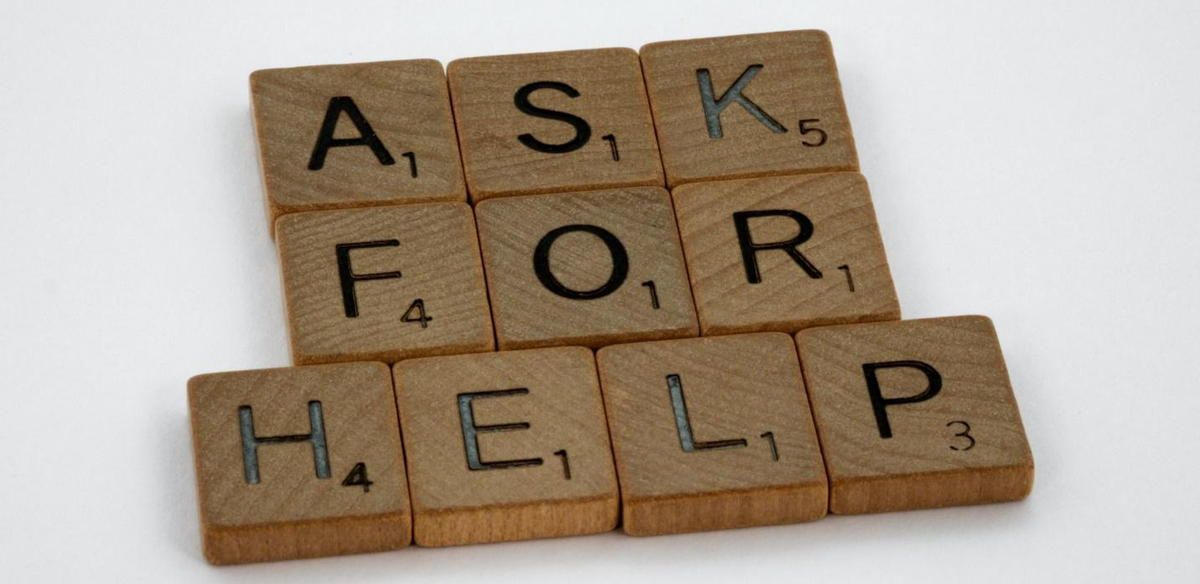Are COVID and back-to-school stress leading to increased eating disorders in our boys and girls?
Are COVID and back-to-school stress leading to increased eating disorders in our boys and girls?
The summer break is over, and children are trying to get back to school.
Back-to-school is usually a time of heightened emotions.
Some kids feel low that their holidays are over, and they must get back to responsibilities. While others are excited or anxious because they now must change their routines, meet new friends, and start new classes.
Either way, it's a time of sudden change in children's lives.
But because of COVID, this year's back-to-school is more stressful than ever, for both parents and kids.
The long pandemic and quarantined way of living have made us accustomed to a lot of new life changes.
The stay-at-home restrictions have changed our relationship with how and why we use the internet.
Children were online more than ever.
While social media helped some pass their time, it had negative consequences on others.
Social media often represents a distorted image of reality where you only see 'perfect' and happy moments in people's lives.
For someone struggling with body image or self-esteem issues, watching others posting pictures of their almost perfect lives can lead to developing insecurities and making unhealthy and unrealistic self-comparisons.
On top of that, the sedentary lifestyle due to quarantine has also led to weight fluctuations in a lot of people.
This can give rise to increased dissatisfaction with physical appearance and body weight.
And as back to school approaches and children now have to be face-to-face with one another after almost an entire year, this might lead them to resort to unhealthy behaviors to change body weight to “fit in” with unrealistic body image expectations.
Other than physical appearance, there are many more factors about back-to-school that can lead children to heightened stress.
Academic pressure is also increased this year as children now must go back to physical learning after a year of more of online learning, so adjusting back to physical mode and earning good grades can cause tremendous amounts of stress.
Peer pressure and comparison of one's body, weight, grades, popularity, friends, etc., can also be stressful.
Sports and athletic activities are also going to resume, which means you have to get back in shape.
All these stressors and fixation on achieving an ideal physical appearance can lead children to turn to unhealthy behaviors to help them cope.

These unhealthy behaviors could include restricting food intake, binging a lot of food to cope with stress, excessive dieting that can masquerade as vegetarianism or veganism, exercising compulsively, cutting entire food groups, counting calories, and other harmful behaviors.
Eating disorders must not be taken lightly!
They can lead to a lot of dangerous consequences such as developing nutritional deficiencies, impairing brain function, causing unhealthy and alarming changes in body weight, adopting addictions to certain foods, vomiting, constipation, dangerous changes and even rupturing of the stomach due to binge eating, kidney failure, and a heap of other psychological and physical problems.
In addition to serious health complications, eating disorders can hinder how your child socially acts, sees themselves, and academically performs.
Because of all of this, going back to school can lead to the development of eating disorders or make existing conditions worse.
Becoming aware of such behaviors in your children and getting professional help early is crucial to help your child deal with their body-image issues.
Why? When dealing with eating disorders, the way your child consumes food is not the problem. Instead, it's the existence of other mental health conditions or deep-seated insecurities or self-esteem issues that lead them to resort to risky behaviors in the first place.
The co-existence of other mental health issues makes eating disorders so complex. And that's why professional help is crucial because merely changing your child's way of eating does not help them recover properly and stop the damage.
Your role as a parent plays a crucial role in your child's recovery. It's important to recognize the signs of eating disorders and get your child professional help sooner than later.
Boys and girls present their warning signs differently.
For boys, the symptoms could be hiding in plain sight because being skinny and underweight is not usually considered a problem in boys, and impulsive exercise is often socially valued in men. Similarly, a 17-year-old boy eating multiple big macs might be seen as 'cool.' So, parents might not even know that their child is suffering from an eating disorder.
But some telltale signs can help you identify a potential eating disorder in your child or teen boy.
• Excessive focus on exercising.
• Eating large amounts of food in a very short time.
• Complaining about irregular heartbeats, sore throats, dental problems, weight changes, and physical appearance.
• Use of laxatives.
• Going to the bathroom in the middle of the meals or right after.
• Obsessively reading nutritional information about foods or counting calories.
• Constantly weighing himself or looking at the mirror.
• Avoiding or withdrawing from social groups that involve food.
• Refusing to eat certain food groups and relying on specific foods only.
• Rigidity around eating meals
• Feeling disgusted, ashamed, or guilty after eating.
• Eating to cope with stress.
Similarly, girls might show the following symptoms.
• Excessive and compulsive exercising.
• Persistent complains and worries about body shape and keeps telling people that she needs to lose weight and feels fat.
• Developing a new diet that becomes obsessive, often disguised as becoming vegetarian or vegan, which results in extreme weight loss in a short period of time.
• Fear of eating in front of others.
• Making food for others but not eating it herself.
• Hair loss, dry skin, significant weight loss.
• Developing unusual sleep patterns, increased sensitivity to cold, feeling faint or tired all the time, irregularity, or stopping menstrual cycles.
• Secretive eating, where large amounts of food disappear from your house in a short time.
• Using laxatives, frequent vomiting, or diuretic abuse to purge the food soon after eating the meal.
• She frequently weighs herself and constantly checks herself in the mirror.
• Spending increased time in the bathroom.
• Frequently consumes a large amount of food and seems out of control during these binge-eating sessions and regrets later.
• She is often in denial that anything is wrong with her eating behaviors.

If you observe some or all of these signs in your child, getting them professional help early can not only save them from the physical dangers of eating disorders but can also help them cure the underlying psychological issues that cause them pain and lead to these harmful behaviors to exist in the first place.
If in doubt, ask the professionals! We offer free 15-minute consults so you can discuss your concerns with us and come up with an effective plan. Maybe it’s nothing, and we’ll tell you if it is… however, we find that most parents who have the instinct to ask for advice are usually on to something and don’t regret the call.










